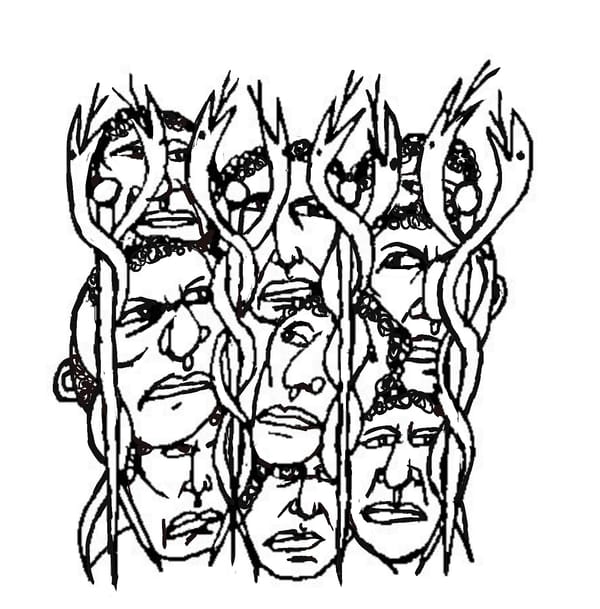This week, Canadian Prime Minister Justin Trudeau announced he would resign from the leadership of the Liberal Party. The announcement has set into motion a succession contest in advance of elections later this year, which his party is expected to lose in a landslide. Trudeau’s premiership was a consequential one for several reasons, but the most important is arguably the installation and expansion of the assisted suicide regime known as Medical Assistance in Dying.
In 2021, after an earlier court decision that legalized assisted suicide, Trudeau’s government passed legislation expanding MAID’s availability and removing previous safeguards on the practice. By 2022, MAID accounted for 4.1 percent of deaths in Canada, making it the sixth leading cause of death in the country. In 2024, Trudeau’s health minister Mark Holland introduced legislation expanding the program further to include those suffering solely from mental illness. This legislation has removed suicide from the margins of social life, rendering it more financially accessible and culturally acceptable. Further, it has given a new shape and tenor to Canadian health care and, by extension, altered the Canadian state. Suicide has been deemed moral by the courts, and rendered financially and practically available by the state.
“Suicide has been made moral by the courts.”
The normalization of state-provisioned euthanasia marks a new phase in the evolution of what the psychiatrist and social critic Thomas Szasz called the therapeutic state. The therapeutic state usurps roles once performed by an official state religion, replacing divine metaphysics and rites with rational-scientific ones: Grace is replaced with health as a dominant value, priests with physicians as interpreters of ailments and prescribers of conduct, baptism with medical birth certification, and so on. Today, governments seek to recast all problems of the human condition as symptoms of disease; Canada’s has arguably gone further in this direction than any other polity. The expansion of Canadian health insurance to cover assisted suicide authorizes the state to administer last rites and accords it the godlike power of determining the moment of death.
